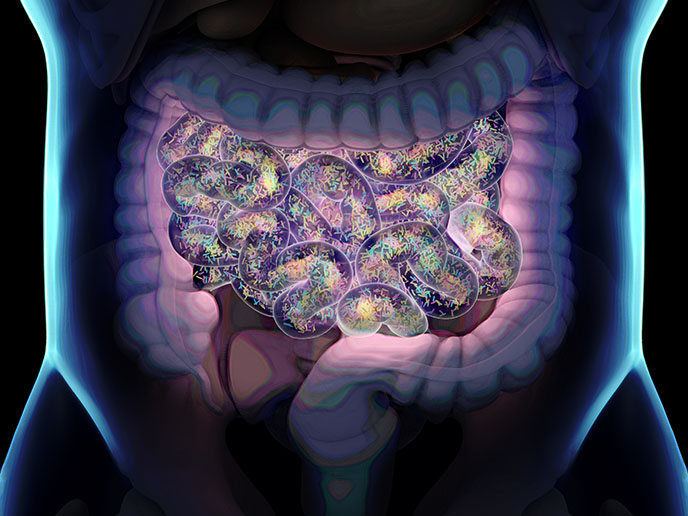How antidepressants act on the brain
According to the World Health Organisation, major depression and other stress-related disorders represent a heavy global socioeconomic burden of lifelong prevalence. Administration of antidepressants is not always effective, necessitating a deeper understanding into the pathogenesis of these disorders. The hippocampus is one of the brain regions that the majority of drugs have targeted for treating depression. Hippocampal neurons can undergo rearrangements upon environmental changes or alter their signal transmission rate if given a different sensory cue. Based on this, scientists of the EU-funded NEUROGPLACECELLADS project wished to investigate the effect of antidepressant treatments on neuronal activity and information processing in the hippocampus. In this context, scientists implanted microelectrodes into rodent brains and recorded electrophysiology data from specific hippocampal areas. Control or antidepressant-treated rats were subjected to changes in their immediate surroundings in the form of different room or wall colour. Treatment with antidepressants significantly affected the behavioural pattern of rodents in the unfamiliar surroundings by altering the peak firing rates of hippocampal neurons. These observations clearly indicated that antidepressants can affect information processing and reduce interferences, suggesting an improved discriminating capacity among contextual differences. Long-term this may be translated into context-appropriate behavioural responses. Apart from revealing the mechanism of action of antidepressant drugs, the results of the project also have significant clinical implications. They demonstrate that antidepressants can restore the hippocampal control on stress systems and constitute a valid option for treating pathological conditions associated with stress.







